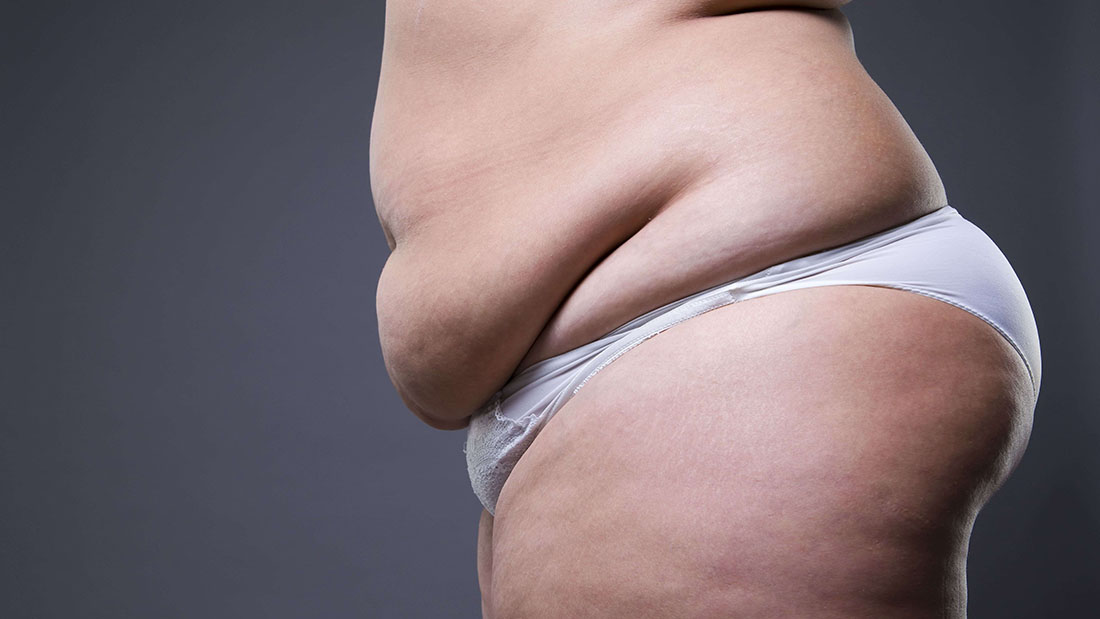WILL LIPEDEMA CONTINUE TO PROGRESS WITHOUT TREATMENT?
GET DIAGNOSED
Share on facebook
Facebook
Share on twitter
Twitter
Share on linkedin
LinkedIn
Lipedema is a medical disease or adipose tissue disorder that primarily targets women. This condition is often confused with obesity, requiring patients to seek expert help and specific treatment options. Unfortunately, lipedema is a chronic condition that can progress and negatively impact a woman’s quality of life. However, more research is shedding new light on this disease that affects the lymphatic system, proving it can be treated and managed once a proper diagnosis is received.
Board-certified plastic surgeon Dr. Jaime Schwartz is the founder of Total Lipedema Care (TLC) in Beverly Hills, CA. Dr. Schwartz is highly regarded in the medical community as a lipedema expert, discovering new treatment methods and helping women with health concerns that can burden their daily activities. Read on to learn more about how lipedema pain and discomfort can worsen if not addressed and what treatment options can combat the various symptoms, and even slow down the progression.
WHAT IS THE BEST TREATMENT FOR LIPEDEMA?
Lipedema is a progressive medical condition that presents as excessive fat accumulation in the lower extremities when compared to the upper body. With the onset of puberty or early adulthood, the circumference and appearance of the legs can change. Patients begin developing a more “inverted triangle shape” to their body as painful fatty tissue builds up, accumulates in the legs or hips, and the upper arms in some extreme cases. Therapies and surgery can reduce leg size, improve symptoms, and provide ongoing management and care. Surgical treatment, such as reductive surgery or lymphatic sparing liposuction, is usually the most effective treatment to remove the painful fatty tissue and lymphatic fluid.
WILL SURGERY FOR LIPEDEMA STOP IT FROM PROGRESSING?
Women affected by lipedema experience more obstacles as fat accumulation increases. The skin texture begins to change and is no longer smooth in appearance as the amount of fatty tissue or lipomas increases. Skin indentations become more prevalent, causing a noticeable change to a patient’s lower extremities. Swelling and inflammation also worsen, decreasing circulation and making it more difficult to remain active. Nonsurgical treatments, such as massage therapy, compression garments, and staying active with low-impact exercises like walking or water aerobics, are often effective at lessening the progression of fatty accumulation and increasing circulation. Surgical interventions such as lymphatic sparing or water-assisted liposuction can provide women pain relief, improve mobility, and even slow down the symptoms associated with this progressive disease.
IS THERE A CURE FOR LIPEDEMA?
Lipedema is a progressive lymphatic condition and there is no cure. But there are treatment options once women are correctly diagnosed. Care centers like Total Lipedema Care (TLC) and lipedema experts, like Dr. Jaime Schwartz, can help patients manage their symptoms, and in many cases, reverse their lipedema progression so they can live without the debilitating pain and symptoms associated with Lipedema. The primary goal of treatment, either surgical or nonsurgical, is to increase circulation, decrease subcutaneous fat accumulation, and reduce painful swelling in the lower extremities. Without treatment intervention, legs and arms can become enlarged, and the condition will gradually worsen over time, eventually affecting mobility.
Dr. Jaime Schwartz and the team at Total Lipedema Care are dedicated to helping women get the right answers and treatment options for this complex disorder. Dr. Schwartz is a renowned plastic surgeon and lipedema expert who provides a variety of treatment options to slow down the progression of lipedema and address the varying symptoms related to this disease. Your path to a better quality of life with lipedema begins with the proper treatment. Please contact our Beverly Hills, CA office and schedule a consultation with Dr. Schwartz today.

